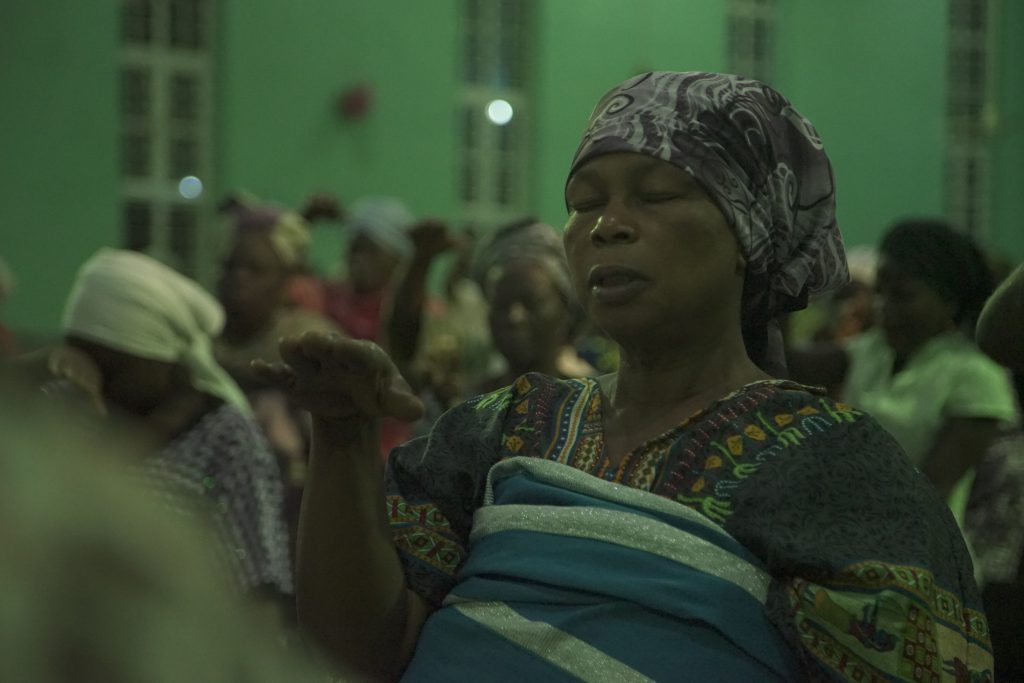Every year, the United States Department of State’s Office of International Religious Freedom releases an annual report on the most egregious religious freedom violations in every country around the world. This has been one of the Office’s main yearly projects pursuant to the International Religious Freedom Act of 1998, in addition to their designations of certain nations as “Countries of Particular Concern” (CPC) for the most severe and systematic violations of religious freedom. For the first time ever, in 2020, the Office designated Nigeria as a Country of Particular Concern.
See some important moments of Secretary of State Mike Pompeo’s statement:
“Religious freedom is an unalienable right, and the bedrock upon which free societies are built and flourish. Today, the United States – a nation founded by those fleeing religious persecution, as the recent Commission on Unalienable Rights report noted – once again took action to defend those who simply want to exercise this essential freedom.”
“The United States is designating Burma, China, Eritrea, Iran, Nigeria, the DPRK, Pakistan, Saudi Arabia, Tajikistan, and Turkmenistan as Countries of Particular Concern under the International Religious Freedom Act of 1998, as amended, for engaging in or tolerating ‘systematic, ongoing, egregious violations of religious freedom.'”
Such religious freedom violations specific to Nigeria are well-noted. The United States Commission on International Religious Freedom (USCIRF) in its annual report 2020 briefly highlighted the situation of religion in Nigeria and recommended that the State Department designate Nigeria as a CPC. In Nigeria, though the national constitution of 1999 proclaims that every citizen has the right to freedom of religion or belief, the reality is far from the ideal.
While there is no official national religion, the many of the northern states have allowed for Islamic Shari’a jurisdiction over criminal and family legislations and disputes. Under Islamic Shari’a, Nigerian citizens can be accused of blasphemy – or “insulting another’s religion” – and imprisoned or forced to endure barbaric punishment. The most well-known and current blasphemy case in Nigeria is that of self-proclaimed atheist, Mubarak Bala, who has been detained since April 2020. Bala, who has been active in condemning religion on his personal social media profiles, was arrested after he posted a statement in which he explained that he does not believe in an afterlife. Though no criminal charges were leveled against Bala, he remains in prison in Kano State. USCIRF is currently advocating for his release
Another main obstacle to religious freedom and tolerance in Nigeria is the presence of radical jihadist Islamic militant groups such as Boko Haram, Islamic State West Africa Province (ISWAP or ISIS-WA), and groups of Fulani militants, all of whom have targeted Christians and peaceful Muslims for attacks, violence, and murder. Not only the victims themselves are targeted, but so are entire communities, churches, and houses of worship.
USCIRF has lauded the State Department’s decision to add Nigeria to the CPC list:
“We are gratified that the State Department has named 10 countries as CPCs. We particularly welcome Nigeria’s designation for the first time as a CPC for tolerating egregious violations of religious freedom, which USCIRF has been recommending since 2009. Nigeria is the first secular democracy that has been named a CPC, which demonstrates that we must be vigilant that all forms of governments respect religious freedom.” – USCIRF Chair Gayle Manchin
Classifying a nation as a CPC with regards to religious freedom violations opens multiple doors for foreign policy and diplomacy. Immediately after the Secretary of State designates a country as a CPC, Congress is made aware, and brainstorming for policy initiatives ensues in order to promote religious freedom in these nations; “and where non-economic policy options designed to bring about cessation of the particularly severe violations of religious freedom have reasonably been exhausted, an economic measure generally must be imposed.”
Jubilee Campaign welcomes the decision of the United States Department of State to designate Nigeria as a Country of Particular Concern.
Cover image by SIM USA on Flickr.

